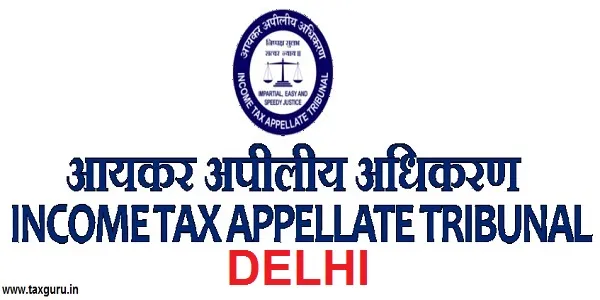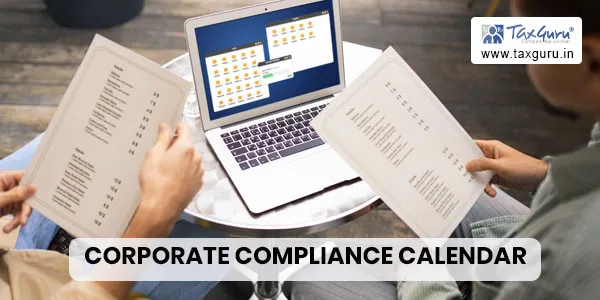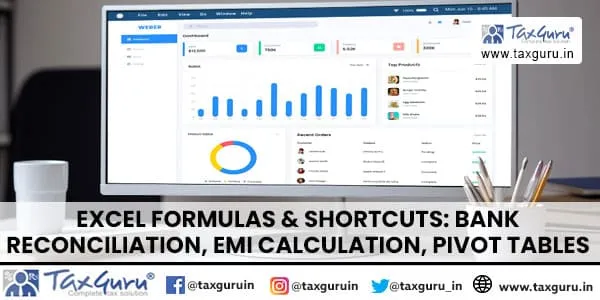Understanding the eligible options and their respective terms can help individuals make informed decisions while planning their investments and tax-saving strategies.
Section 80C of the Indian Income Tax Act is a provision that allows individuals to claim deductions on specified investments and expenses. It is one of the most popular tax-saving options available to individuals in India. Section 80C provides taxpayers with the opportunity to reduce their taxable income by investing in eligible instruments or making certain payments.
The maximum deduction available under Section 80C is ₹1.5 lakh per financial year. This means that individuals can lower their taxable income by up to ₹1.5 lakh by utilizing the provisions of this section. However, it’s important to note that this limit is the total deduction available under Section 80C, as well as other related sections such as 80CCC and 80CCD.
There are various investments and expenses that qualify for deductions under Section 80C. Let’s take a closer look at some of the eligible options:
1. Life Insurance Premiums: Premiums paid towards life insurance policies for yourself, your spouse, or your children are eligible for deduction under Section 80C. However, the premium should not exceed 10% of the sum assured.
2. Employee Provident Fund (EPF): Contributions made to the EPF by salaried individuals are eligible for deduction under Section 80C. The contribution made by the employee is deducted from their salary, and the employer also contributes to the EPF on behalf of the employee.
3. Public Provident Fund (PPF): Contributions made to a PPF account are eligible for deduction under Section 80C. The PPF is a long-term investment option with a maturity period of 15 years. The interest earned and the maturity amount are also tax-free.
4. National Savings Certificates (NSC): Investment in NSCs is eligible for deduction under Section 80C. NSCs are fixed-income instruments issued by the post office, with a maturity period of 5 or 10 years. The interest earned on NSCs is taxable.
5. 5-Year Fixed Deposit with Banks: Fixed deposits with a maturity period of 5 years or more in scheduled banks are eligible for deduction under Section 80C. The interest earned on these deposits is taxable.
6. Tax-Saving Fixed Deposits: Some banks offer tax-saving fixed deposits that have a lock-in period of 5 years and are eligible for deduction under Section 80C. The interest earned is taxable.
7. Equity Linked Saving Scheme (ELSS): ELSS is a type of mutual fund that invests primarily in equities. Investments in ELSS qualify for deduction under Section 80C, subject to a lock-in period of 3 years.
8. Principal Repayment of Home Loan: The principal component of the Equated Monthly Installment (EMI) paid towards a home loan is eligible for deduction under Section 80C. However, this deduction can only be claimed if the property is not sold within 5 years of possession.
9. Tuition Fees for Children’s Education: Payments made as tuition fees for the education of up to two children are eligible for deduction under Section 80C. This includes payments made to schools, colleges, universities, and other educational institutions.
It is important to note that some of the investments under Section 80C have a lock-in period. This means that the funds cannot be withdrawn before a specific duration. For example, tax-saving fixed deposits typically have a lock-in period of 5 years, while the PPF has a minimum lock-in period of 15 years.
Furthermore, it’s essential to keep track of the overall limit of ₹1.5 lakh for deductions under Section 80C. This limit includes deductions claimed for investments and expenses under Sections 80C, 80CCC (for pension plans



















